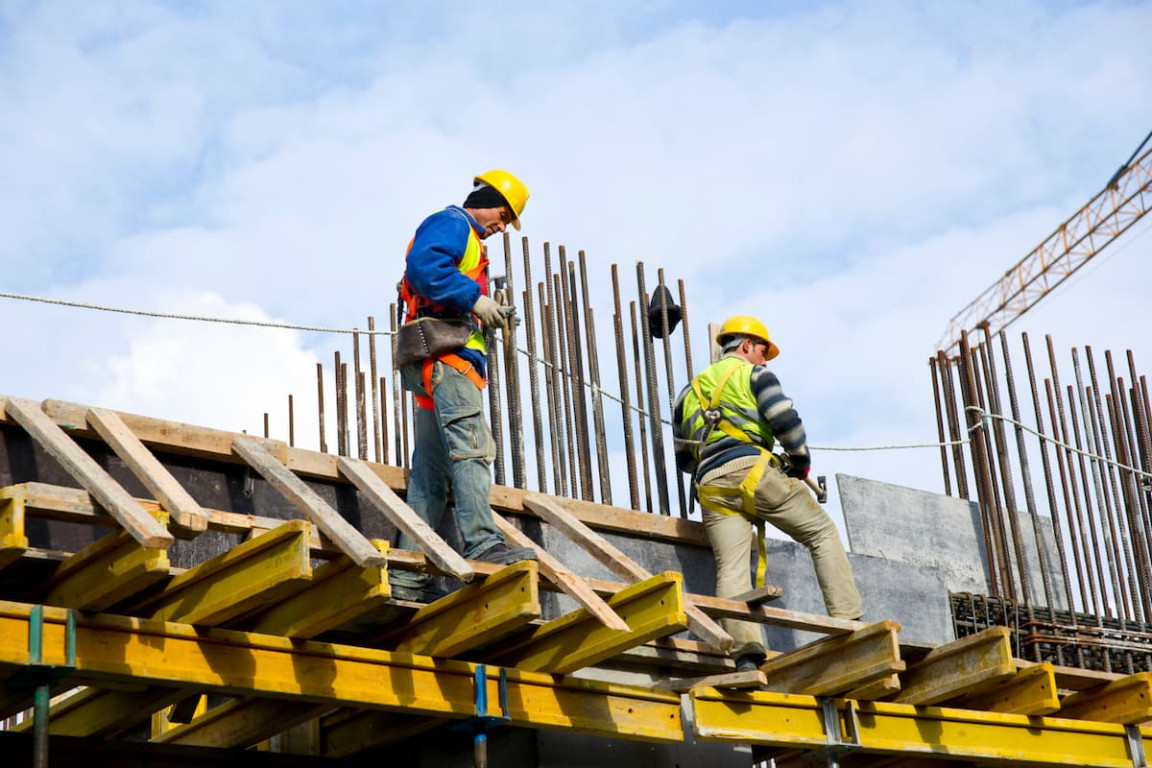For prospective real estate investors who feel tenants and building maintenance are ongoing headaches, buying undeveloped land may appear attractive. If you buy land in an area that’s expected to experience expanding demand in the years ahead, you should be able to make a tidy return on your investment. This is called buying in the path of progress, but of course the trick is to buy before everybody realizes that new development is moving in your direction.
When you buy undeveloped land your investment may take longer to be paid back and therefore you need to be especially aware of your real estate cost of capital.
You may even hit a home run if you can identify land that others don’t currently see the future value in holding. However, identifying many years in advance which communities will experience rapid population and job growth isn’t easy. Land prices in areas that people believe will be the next hot spot already sell at a premium price. That’s what happened in most major cities with new sports facilities (especially because these decisions often are dis- closed well in advance of the municipality leadership vote or the ballot initiative). You don’t have much opportunity to get ahead of the curve – or if you guess wrong, you may own some costly land for a long time!
Investing in land certainly has other drawbacks and risks:
- Care and feeding: Land requires ongoing cash to pay the property taxes and liability insurance, and to keep the land clear and free of debris while it most likely produces little or no income. Although land doesn’t require much upkeep compared with tenant-occupied property, it almost always does require financial feeding.
- Opportunity costs: Investing in land is a cash drain, and of course, purchasing the land in the first place costs money. If you buy the land with cash, you have the opportunity cost of tying up your valuable capital (which could be invested elsewhere), but most likely you will put down 30 to 40 percent in cash and finance the balance of the purchase price instead.
- Costly mortgages: Mortgage lenders require much higher down payments and charge higher loan fees and interest rates on loans to purchase land because they see it as a more speculative investment. Obtaining a loan for development of land is challenging and more expensive than obtaining a loan for a developed property.
- Lack of depreciation: You don’t get depreciation tax write-offs because land isn’t depreciable.
- Cost of Capital: Make short and long term projections for the length of time you will hold your property.
On the income side, some properties may be able to be used for parking, storage income, or maybe even growing Christmas trees in the Northwest or grain in the Midwest! (After you make sure you’ve complied with local zoning restrictions and have the proper insurance in place.)
Although large-scale land investment isn’t for the entry-level real estate investor, savvy real estate investors have made fortunes taking raw land and getting the proper entitlements and then selling (or better yet, subdividing and then selling) the parcels to developers of commercial and residential properties (primarily home builders). If you decide to invest in land, be sure that you:
- Do your homework. Ideally, you want to buy land in an area that’s attracting rapidly expanding companies and that has a shortage of housing and developed land. Take your time to really know the area. This isn’t a situation in which you should take a hot tip from someone to invest in faraway property in another state. Nor should you buy raw land just because you heard that irresistible opening bid price advertised on the radio for the government excess land auction down at the convention center this Saturday.
- Know all the costs. Tally up your annual carrying costs (ongoing owner- ship expenses such as property taxes) so that you can see what your annual cash drain may be. What are the financial consequences of this cash outflow – for example, will you be able to fully fund your tax- advantaged retirement accounts? If you can’t, count the lost tax benefits as another cost of owning land.
- Determine what improvements the land may need. Running utility, water, and sewer lines; building roads; landscaping; and so on all cost money. If you plan to develop and build on the land that you purchase, research these costs. Make sure you don’t make these estimates with your rose-tinted sunglasses on – improvements almost always cost more than you expect them to. (You need to check with the planning or building department for their list of requirements.)
Also make sure that you have access to the land or the right to enter and leave through a public right-of-way or another’s property (known as ingress and egress). Some people foolishly invest in landlocked proper- ties. When they discover the fact later, they think that they can easily get an easement (legal permission to use someone else’s property). Wrong!
Understand the zoning and environmental issues. The value of land is heavily dependent on what you can develop on it. Never purchase land without thoroughly understanding its zoning status and what you can and can’t build on it. This advice also applies to environmental limitations that may be in place or that may come into effect without warning, diminishing the potential of your property (with no compensation).
This potential for surprise is why you must research the disposition of the planning department and nearby communities. Attend the meetings of local planning groups, if any, because some areas that are antigrowth and antidevelopment are less likely to be good places for you to buy land, especially if you need permission to do the type of project that you have in mind. Through the empowerment of local residents who sit on community boards and can influence local government officials, zoning can suddenly change for the worse – sometimes you may find that your property has been downzoned – a zoning alteration that can significantly reduce what you can develop on a property and therefore the property’s value. See the sidebar “The dangers of downzoning” in this chapter for more details.
Determine Your Real Estate Cost of Capital




:max_bytes(150000):strip_icc()/__opt__aboutcom__coeus__resources__content_migration__mnn__images__2018__03__shutterstock_1051823762-0b00dcf9cd99473cabaff5546d745b0a.jpg)